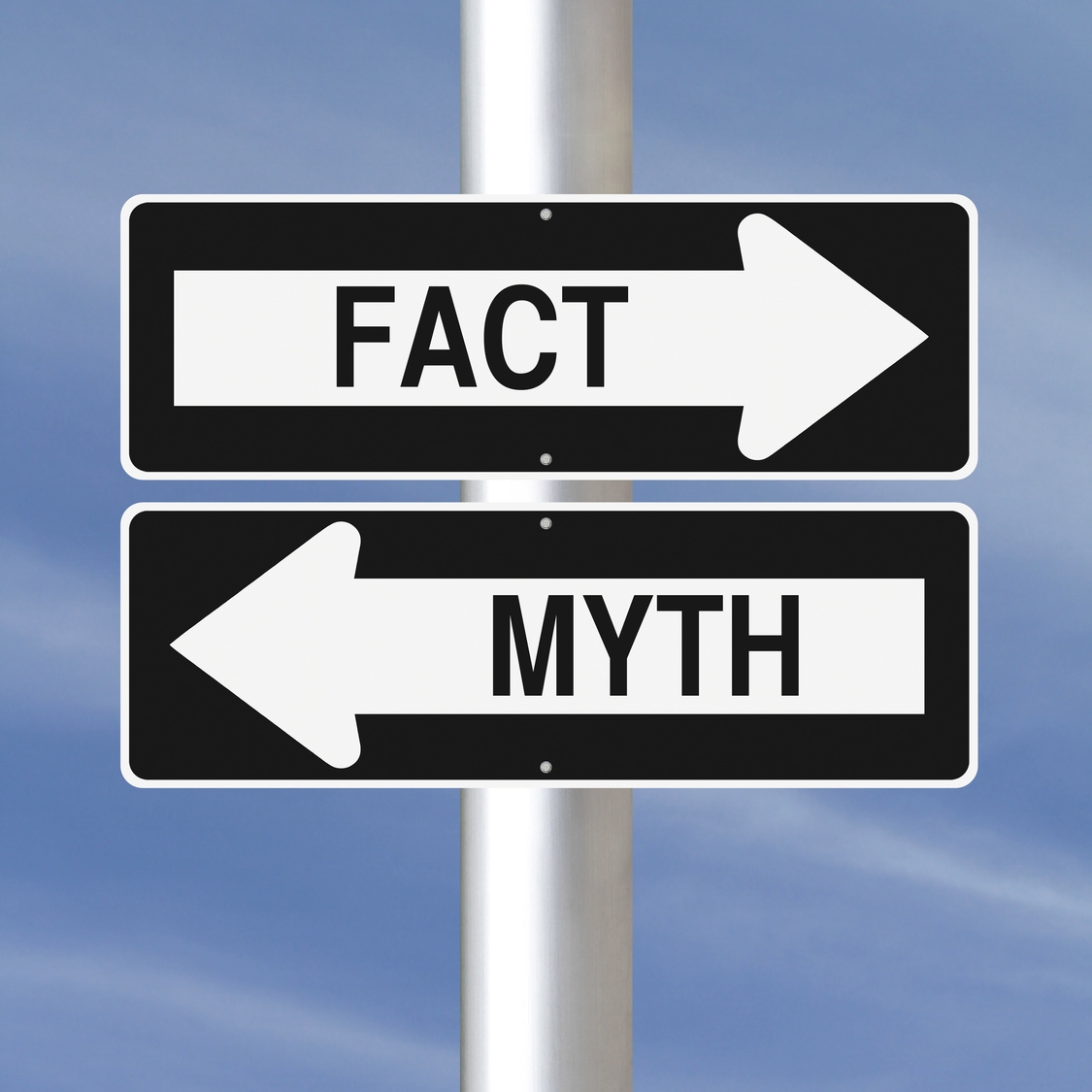
Many people believe some myths that actually have nothing to do with their actual coverage... Or does it? Because believing in some myths can influence our choices, we are here to set the record straight for better decision making in the future.
1. No fault insurance means it's not my fault. myth
Fact: No fault car insurance vary by state, but usually requires your auto insurance company to pay medical expenses and lost wages for injuries due to a car accident, regardless of who is at fault. After an accident, no-fault insurance lets all parties get payment for their immediate medical needs while their insurance companies decide which company is going to pay for the accident. If you caused the wreck, it doesn't mean you're off the hook. The insurance companies determine who's to blame, and that party (and their insurer) are responsible for property repairs and other damages. If you're responsible, you need collision to fix your vehicle. No-fault is for medical bills, not property damage.
2. Red cars cost more to insure. myth
Fact: Auto insurance companies set rates based on the safety features of a vehicle, how much it costs to repair or replace the vehicle, and how many claims that particular make and model have had in the past (among other factors about the driver). But the color of the car doesn't factor into the premium.
3. Thieves like to steal newer vehicles. myth
Fact: Thieves tend to target older, more common cars like Honda's and Toyota's because there is more of a demand for their parts. Comprehensive insurance will cover theft, as well as vandalism, hitting an animal, and other acts of nature.
4. Anything stolen inside my car will be covered by my insurance. myth
Fact: Personal property is more likely covered by your homeowners or renters policy, even if it’s not inside your home at the time it’s stolen. Such claims are subject to your policy deductible so try to limit your risk of theft by keeping valuables locked up, out of sight, or on your person.
5. My friend borrowed my car, so he's responsible for damages. myth
Fact: If you give someone permission to drive your car and that person crashes, it will be your insurance–not your friend's policy–that covers the damages, and your premium will likely increase. Insurance coverage is tied to the vehicle and not the person driving it. Therefore, it’s always best to remember that if you lend your car to a friend, you are also lending them your insurance.
6. I got a ticket, so my insurance is going up. myth
Fact: A ticket doesn't automatically mean an increase in rates. In fact, if the ticket was minor and you have an otherwise clean record, your premium may not increase. Even if you are cited as being responsible for a minor accident, it is possible to get auto insurance with accident forgiveness built in. If you are buying insurance for teen drivers, adding accident forgiveness may be money well-spent. Multiple tickets usually affect your insurance rate for three years and accidents about six years. Drive better today, and you'll be investing in lower premiums for the future.
7. If I cause a collision, the damages to my car will be covered. myth
Fact: Not necessarily. Damages to your car may be covered, but only if you’ve purchased collision coverage, which is optional. Collision coverage will pay for damages to your vehicle if it’s determined you are wholly or partially at-fault for having caused the collision. If you are 100% not at-fault for the collision, the damages will likely be covered through another component of your policy. No collision coverage required.
8. Your credit has no effect on your insurance rate. myth
Fact: Your credit-based insurance score, which comes from your credit history may matter to some of the bigger insurance companies. A good credit score shows how well you manage your financial affairs and has been shown to be a good predictor of whether someone is more likely to file an insurance claim so many insurance companies take it into consideration when you want to purchase, change or renew your auto insurance coverage. People with good credit and good insurance scores often end up paying less for insurance.